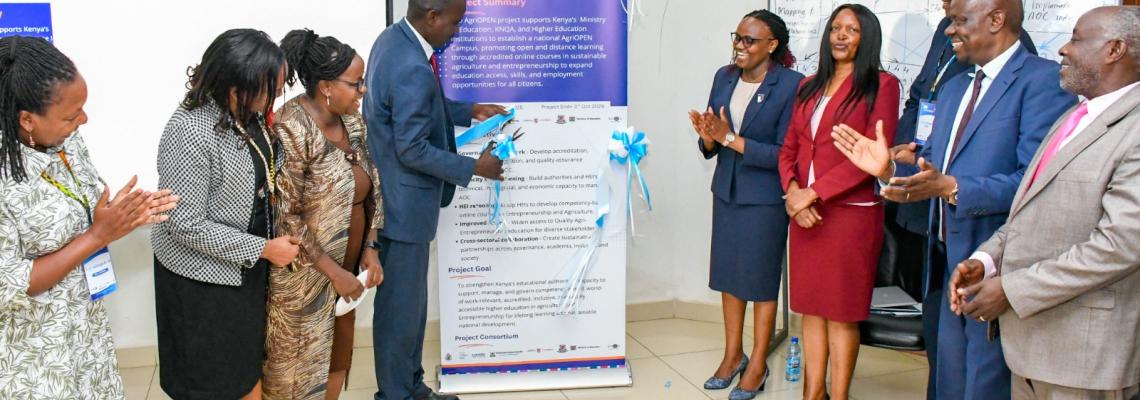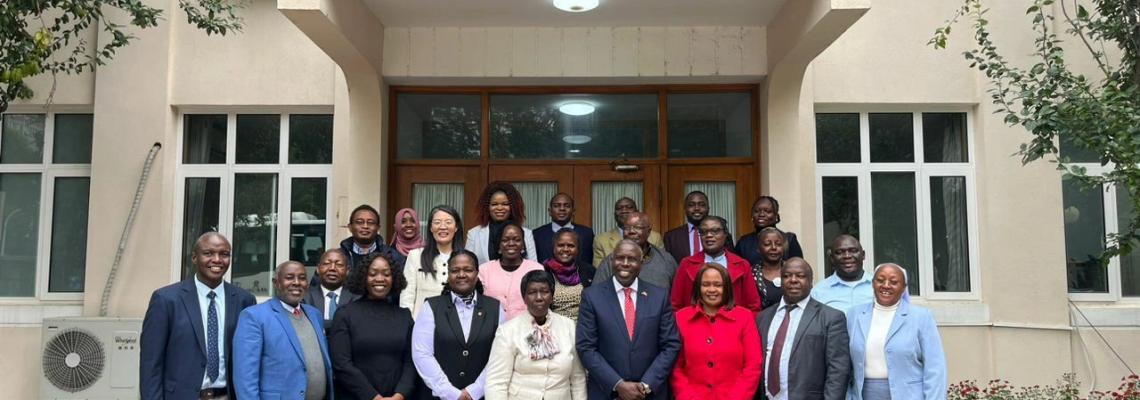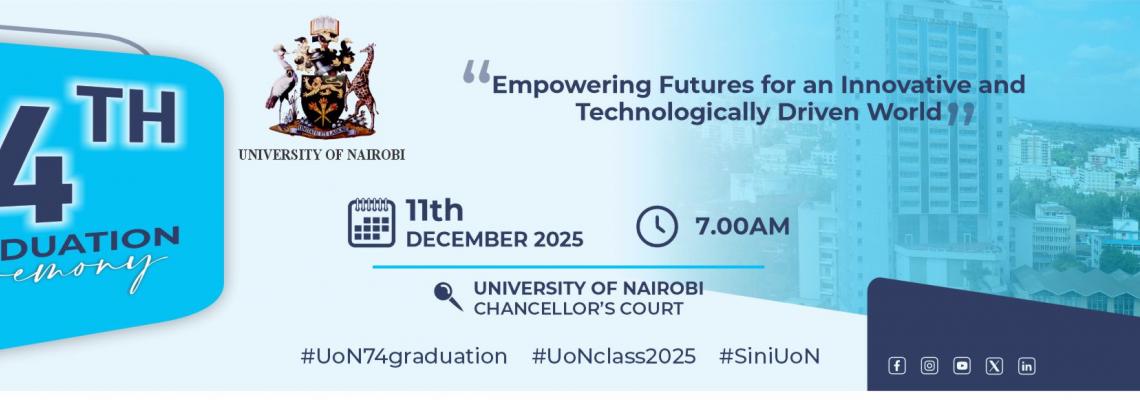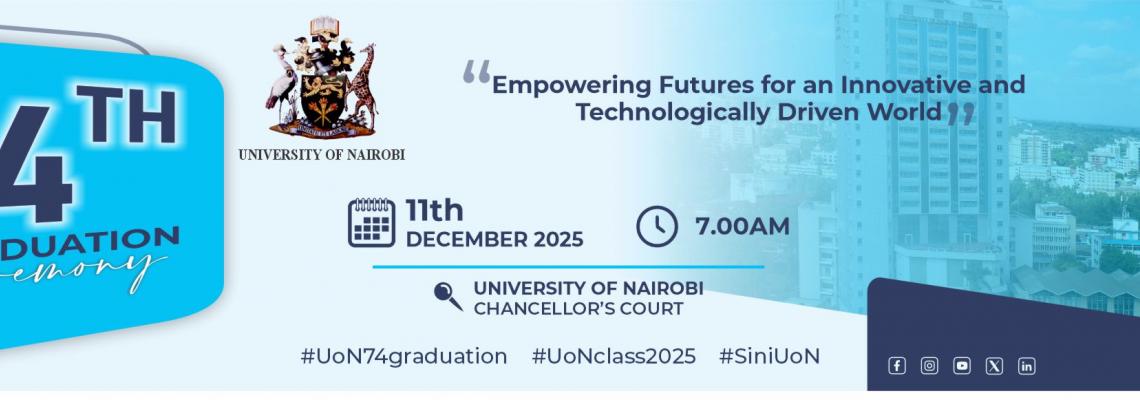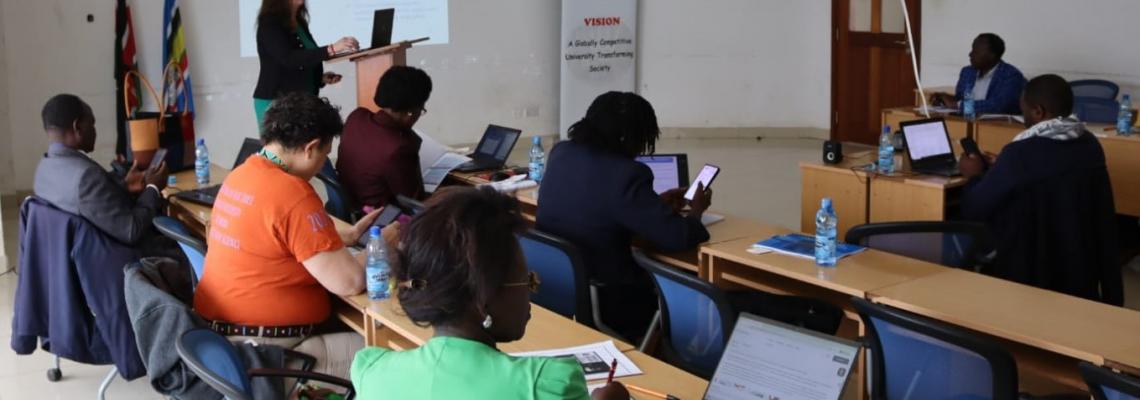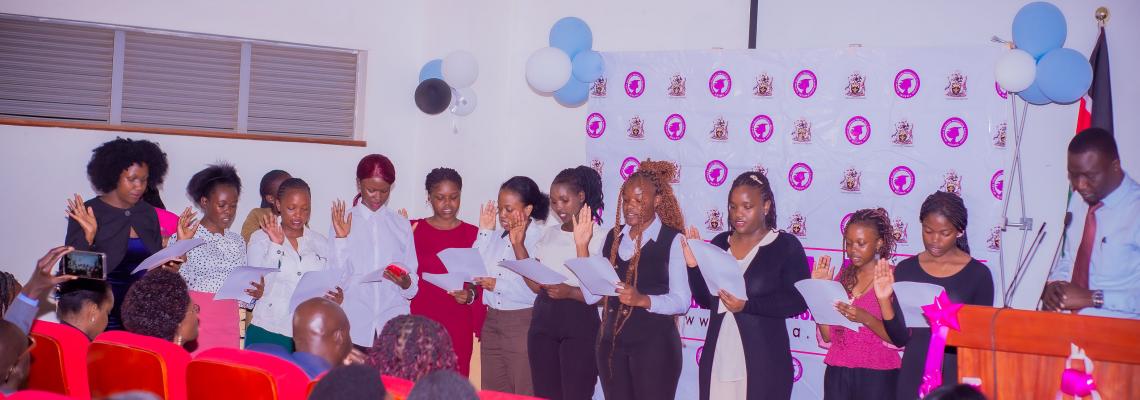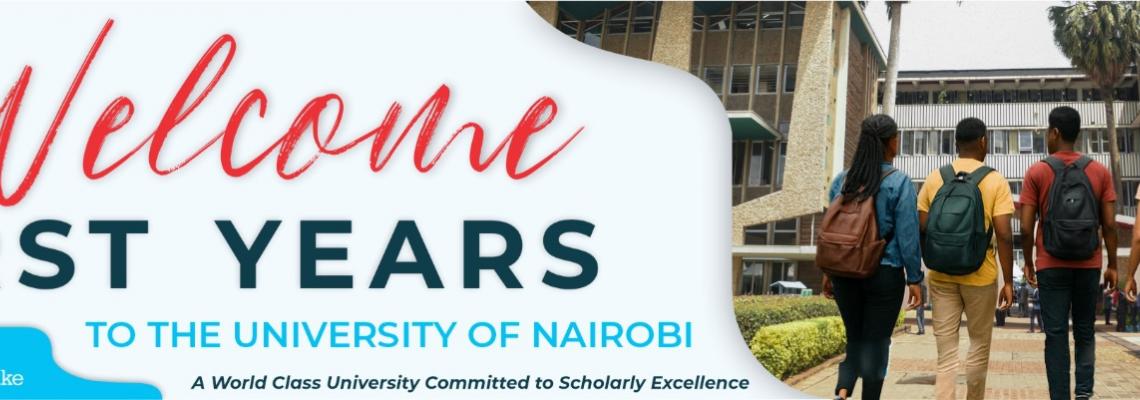Overview
- Background
The M.Ed. program gives students a strong disciplinary grounding that allows them to approach education questions. The M. Ed program consists of a set of common mandatory courses in the first year and a series of specialized courses in the second year. The course aims at helping teachers and educators analyze the development of educational theory and practice from the beginning of human civilization to the present. Topics covered include various statistical and research methods, as well as substantive issues focusing on various aspects of the functioning of education in society in the various Historical Foundations areas of specialization.
- Objective
This programme shall enable the learner to:
- Explain the historical foundations of education.
- Examine the socio-economic and political factors that have influenced educational theory and practice from ancient times to the present.
- Analyze the influence of western education on the development of modern education in Africa.
- Assess the development of education in Kenya from the pre-colonial period to the present.
- Apply knowledge in the area of the History of education dating from the rise of human civilization
- Philosophy
The philosophy of the programme is anchored on the need to build skills necessary for graduates in their future careers; these skills include critical thinking, problem-solving, analysis and evaluating other people’s work. The programme enables students to engage in educational analysis and critical thinking. The programme will investigate the contradictions, challenges, and possibilities of education. Throughout the training, students will learn some basic facts about education and its organization, orienting perspectives and theories for understanding how education systems work, and details concerning selected specific issues in education. In addition, students will become conversant with several instruments and structures at both the local and regional levels that are aimed at promoting, strengthening and revitalizing higher education. Hence, the philosophy of the course is not only to learn facts but, more importantly, to learn to marshal those facts to weigh the evidence.
- Rationale
The role of education in realizing the Sustainable Development Goals (SDGs) cannot be over-emphasized. Kenya will require the services of a highly skilled labour force as it works towards the realization of the SDGs. In addition, the Social Pillar of Kenya’s economic blueprint and Vision 2030, seeks to provide globally competitive quality education, training, and research for the country’s industrial takeoff. It is for this reason that the M.Ed. in Educational Foundations programme intends to enhance the training of the personnel needed to guide education theory and practice in the country. The programme will equip professional teachers and educators with the requisite knowledge, skills and values to work as teachers, tutors, lecturers, policy makers and managers in the education sector in Kenya and elsewhere.
Structure
Mode of Delivery and Structure
The programme shall be offered through Face-to-Face teaching mode, Open Distance and eLearning (ODeL) mode in a blended manner.
Face to face mode
The programme shall be conducted through lectures, group discussion, seminars, tutorials, case studies, student-lecturer consultations, supervised independent study, group projects, practicals, demonstrations and e-learning services.
Open Distance and e-Learning (ODeL) mode
The programme shall be offered by Open and Distance e-Learning (ODeL) mode. This shall include self-instructional print and electronic study materials and online lectures, seminars and tutorials
Duration and structure
- The degree programme has two options: course work, examination and project as option one and course work, examination and thesis as option two.
- The programme shall run for a minimum period of four semesters and a maximum
12 semesters of 15 weeks each.
- M.Ed. in Master of Education (Distance Education) shall be offered by course work, examination and project/thesis. The programme shall comprise 18 course units.
- A student taking the programme by coursework, examination and project shall
take ten (10) core course units, four elective course units and project.
- A project shall be equivalent to four course units.
- A student taking the programme by course work, examination and thesis shall take
ten core course units and thesis
- A thesis shall be equivalent to eight course units.
- A course unit shall constitute 60 contact hours.
Admission Requirements
Admission Requirements/Application Information
The following shall be eligible for admission into the Master of Education in History of Education:
- The common regulations for the Master’s degrees of the University of Nairobi and the Faculty of Education shall apply.
- A holder of the degree of Bachelor of Education (B.Ed.) of at least Second Class Honours Upper Division of the University of Nairobi or its equivalent from any other university recognized by the University of Nairobi Senate.
- A holder of the degree of Bachelor of Arts (B.A) or Bachelor of Science (B.Sc.) of Second Class Honours Upper Division and a Postgraduate Diploma in Education (PGDE) of the University of Nairobi or equivalent qualifications from any other university recognized by the University of Nairobi Senate.
- A holder of the degree of Bachelor of Education (B.Ed.) of Second Class Honours Lower Division of the University of Nairobi or its equivalent from any other university recognized by the of the University of Nairobi Senate and two years working experience.
- A holder of the degree of Bachelor of Arts (B.A) or Bachelor of Science (B.Sc.) of Second Class Honours Lower Division and a Postgraduate Diploma in Education (PGDE) of the University of Nairobi or equivalent qualifications from any other university recognized by the University of Nairobi Senate and two years working experience.
- A holder of a pass degree for categories (i - iv) and five years working experience
7.. Schedule of Intake: Applications are open for September intake annually
To Apply Click this: Application link
- Contacts of support person:
Name: Chairman, Department of Educational Foundation
Email: chairman-def@uonbi.ac.ke
OR
Secretary, Department of Educational Foundations
Email: dept-edfoundations@uonbi.ac.ke
Telephone: 020 491 8371/+254 20 491 8371
Careers
Career Opportunities
M.Ed Graduates (History of Education) may undertake a variety of professional roles which include providing management and leadership within the education sector in the government, and private sector, training can work nationally and internationally in the education sector, monitoring and evaluation of education and social sector, undertake research, for organizations including central and county governments, NGOs, Consultants among other sectors. Many are also well-equipped to apply for and pursue doctoral-level work in History of Education. Finally, our graduates have been absorbed as lecturers in a number of universities in Kenya.
Attachment opportunities
Students undertake their attachment in high schools, teacher training colleges and other educational institutions where they work or during their field work
Fees and Funding
| MASTER OF EDUCATION -E55 | YEAR 1 | YEAR 2 | |||
| SEMESTER 1 - 5UNITS | SEMESTER 2 - 5UNITS | SEMESTER 1 -4UNITS | SEMESTER 2-PROJECT | TOTALS | |
| TUITION @ 25200 | 126,000.00 | 126,000.00 | 100,800.00 | 100,800.00 | 453,600.00 |
| MEDICAL FEE (PER YEAR) | 6,500.00 | - | 6,500.00 | - | 13,000.00 |
| ICT SERVICES - (PER YEAR) | 7,000.00 | - | 7,000.00 | - | 14,000.00 |
| EXAMINATION (PER UNIT @1000) | 5,000.00 | 5,000.00 | 4,000.00 | - | 14,000.00 |
| REGISTRATION (PER SEMESTER@2250) | 2,250.00 | 2,250.00 | 2,250.00 | 2,250.00 | 9,000.00 |
| ID CARD ( PER YEAR) | 1,000.00 | - | 1,000.00 | - | 2,000.00 |
| ACTIVITY-( PER YEAR) | 2,000.00 | - | 2,000.00 | - | 4,000.00 |
| CAUTION - (ONCE) | 5,000.00 | - | - | 5,000.00 | |
| LIBRARY (PER YEAR) | 5,000.00 | - | 5,000.00 | - | 10,000.00 |
| STUDENT ORGANISATION(PER YEAR) | 1,000.00 | - | 1,000.00 | - | 2,000.00 |
| THESIS EXAMINATION | - | - | - | 30,000.00 | 30,000.00 |
| Totals | 160,750.00 | 133,250.00 | 129,550.00 | 133,050.00 | 556,600.00 |
| Grand totals | 556,600.00 | ||||

